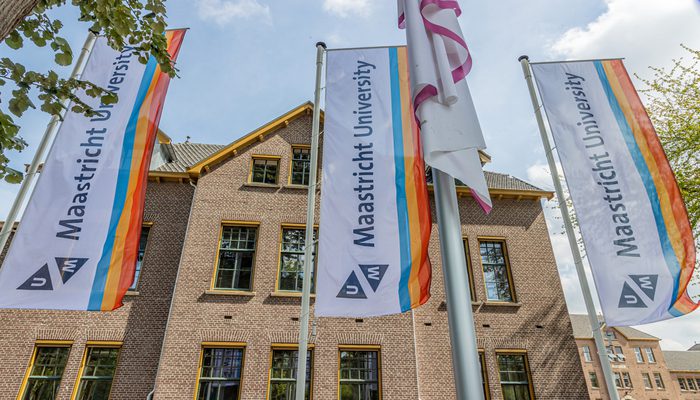The University of Maastricht was a victim of ransomware in 2019. The hackers demanded ransom in the form of cryptocurrencies. The training institute paid that nicely after all. But the cryptocurrencies have now all been recovered and the university is now even making a profit on it.
Unintentional profit on Bitcoin
Yes, you read that right. The university itself has been hacked, but it is making a profit on money it had lost to criminals. What a world. At the end of 2019, the servers of the university held hostage† Students and employees were unable to e-mail for days, use files on the servers and the internet connection was limited. The criminals demanded 30 BTC (at the time 197,000 euros) in ransom, which had to be paid in bitcoins.
One of the great advantages of many cryptocurrencies is that the transactions are public. With enough data, the transactions can therefore be traced back to the source, and thus to the perpetrator. dThe police will therefore have found the perpetrators and reclaimed the bitcoins.
At the end of 2019, the coins were not worth as much as they are now. 30 bitcoins with a total value of 197,000 euros was then only 6,566 euros per bitcoin. The price has fallen sharply in recent weeks, but Bitcoin (BTC) is now worth much more than that. At the time of writing, 30 BTC is about 550,000 euros. The institution thus literally makes a profit on money that it had actually lost.
Hackers not found yet
At the time, the university was faced with a ‘devil’s dilemma’, according to the Volkskrant† Nick Bos, president of the executive board, stated that it was morally irresponsible to simply give the criminals their way. But the university’s students, researchers and staff suffered too much. That’s why the hackers are paid anyway.
The 30 BTC was eventually found in an account of a Ukrainian money launderer. Last year he was executed by the Public Prosecution Service in Ukraine, and so the tokens found their way back to Maastricht. But the people who hacked into the university have not yet been caught. That investigation is still ongoing, writes de Volkskrant.

